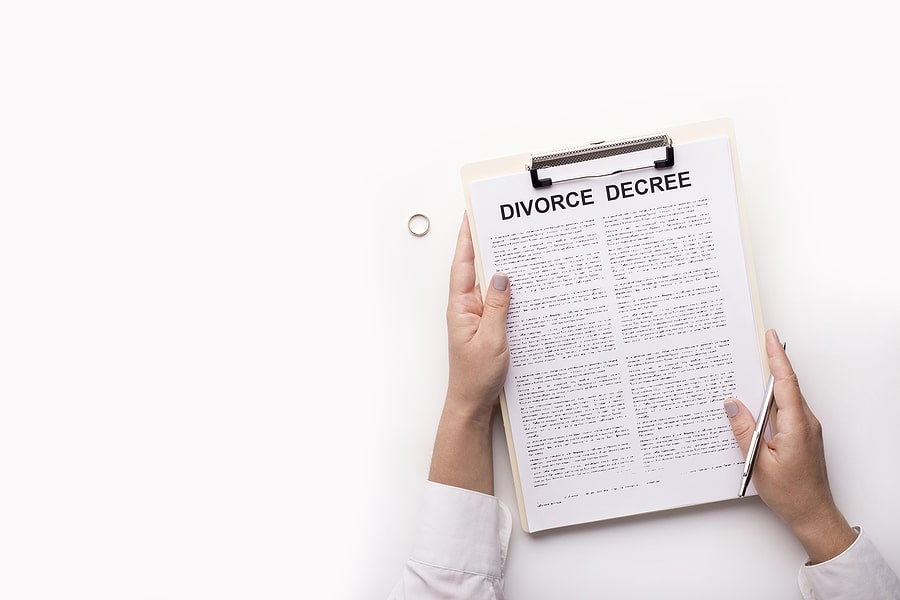No fault divorce update
New divorce legislation came into effect on 6 April 2022 that removed the option for a spouse to be able to contest a divorce.
For more information, read our guide: No fault divorce: Everything you need to know.
In this article, we will look at what happens if both parties don’t agree to a divorce.
A defended divorce
A defended divorce is the title given to a situation where one party does not agree to a divorce. If you are the “Petitioner” (the person asking for a divorce), your solicitor will issue a divorce petition to your former partner who is referred to as the “Respondent”. However, they are within their rights to deny that the marriage has broken down irretrievably for the reasons you have stated within the petition.
Discrepancies over the nature of the divorce petition most commonly arise in relation to unreasonable behaviour claims or adultery claims. It falls to the Petitioner to prove these claims. A solicitor will recommend that inflammatory accusations are to be avoided in the divorce petition as they are not helpful during a divorce and may, in fact, cause a dispute to escalate rather than find a resolution.
Under these circumstances, if an agreement cannot be reached to progress with the divorce on an undefended basis, the dispute must be dealt with by the Family Court. While this is a relatively rare occurrence, it does happen in some instances. It is, however, strongly advised that both parties consult a solicitor before the case is heard in front of a judge.
As an experienced legal expert will explain, every effort should be made to handle divorce proceedings through mediation or informal negotiations before resorting to legal proceedings at the Family Court. The costs of legal action with the assistance of a solicitor and a barrister can be very high.
If a divorce petition is to be defended, the Respondent must state that this is the case by filing an Acknowledgement of Service at the Family Court within 14 days of receiving the divorce petition. The Respondent then has another 14 days to file what is known as an Answer to a divorce petition
Within the Answer, the Respondent who does not agree to the divorce will outline which elements of the divorce petition they agree to and which paragraphs they take issue with. In drafting an Answer, choosing an experienced legal service provider is essential.
Find and compare legal experts in divorce.
Should both parties be unable to agree on a resolution between themselves, a court hearing may be required to assess whether a marriage has broken down or not. Should the court decide that the marriage has irretrievably broken down, they will grant a decree nisi. This, in turn, enables the petitioner to apply for a decree absolute after a six week period.
Getting help with the legal costs for a divorce
It is not possible to access legal aid for divorce proceedings unless you have been the victim of domestic abuse which includes physical, sexual, psychological, financial or emotional abuse. Under these circumstances, you may need a legal service provider who offers legal aid work.

/divorce-hero.webp)


